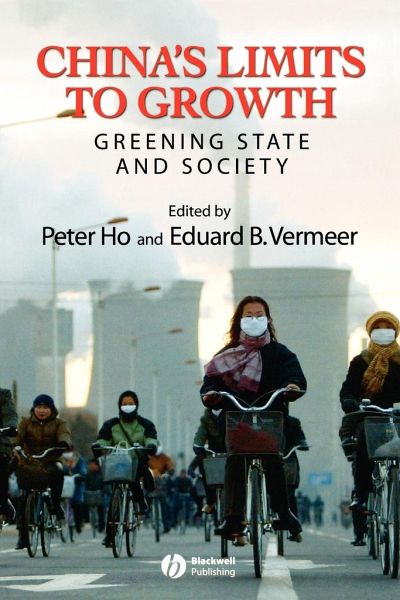
China Limits To Growth
Versandkostenfrei!
Versandfertig in über 4 Wochen
40,99 €
inkl. MwSt.

PAYBACK Punkte
20 °P sammeln!
China's dependence on coal to fuel its economic growth is expected to cause the country to surpass the USA as the leading national emitter of greenhouse gases within the next two decades. Moreover, should the number of privately-owned cars in China grow to equal that in the USA, demand for oil would exceed worldwide production by almost one fifth. This book brings together a multi-disciplinary team of experts to study the environmental challenge posed by China's phenomenal growth. China's Limits to Growth: Greening State and Society reviews the country's environmental experience with regard to...
China's dependence on coal to fuel its economic growth is expected to cause the country to surpass the USA as the leading national emitter of greenhouse gases within the next two decades. Moreover, should the number of privately-owned cars in China grow to equal that in the USA, demand for oil would exceed worldwide production by almost one fifth. This book brings together a multi-disciplinary team of experts to study the environmental challenge posed by China's phenomenal growth. China's Limits to Growth: Greening State and Society reviews the country's environmental experience with regard to issues such as cleaner production, green car technology, resettlement resulting from dam building, and biotechnology. Moving beyond the traditional dichotomy between alarmist, radical views and moderate notions of incremental change, the book's contributors suggest that Chinese development presents compelling reasons for rethinking the viability of greening.


